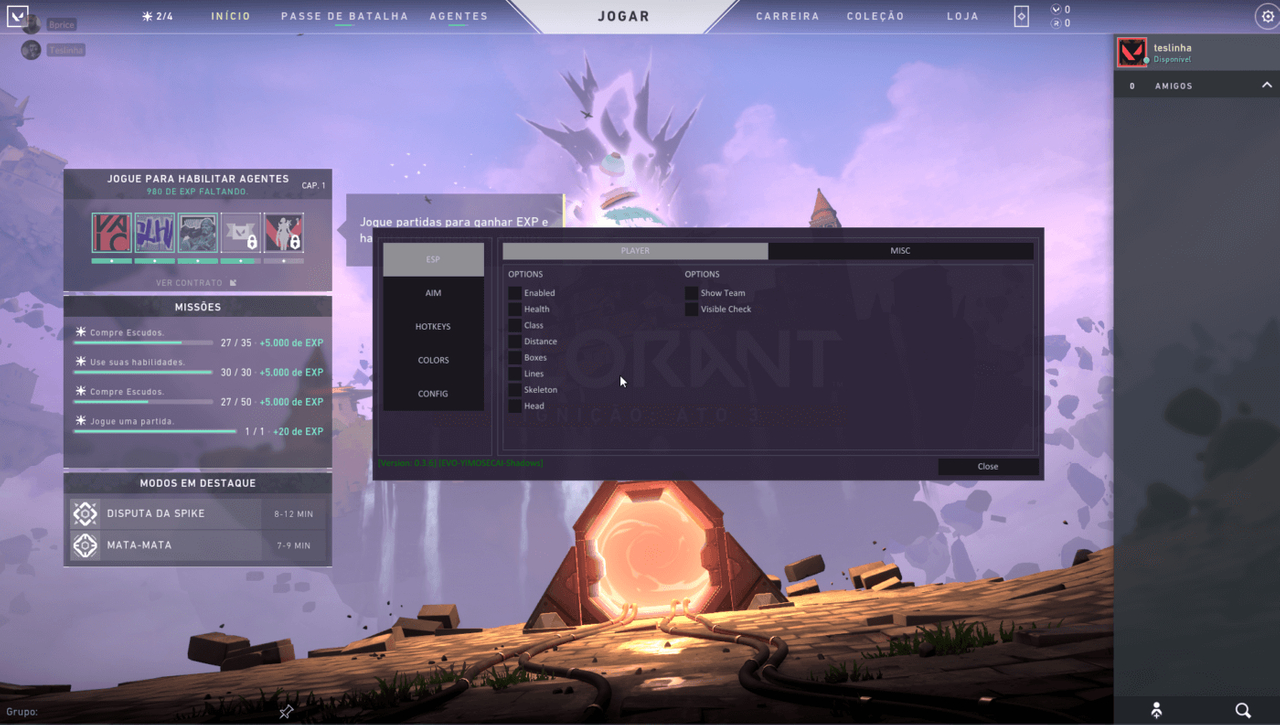



However, this is also what malware needs to install itself silently on a system without the need for complicated exploits. The malicious actors are able to do this quite often as they can easily bypass content submission reviews and create a new account whenever one is reported and blocked.Īs with all cheat software, people who download the supposed Valorant cheats are asked to disable their anti-virus software and use elevated privileges in order to allow smooth installation and operation of those cheats. That said, some people are desperate enough to scour the web for anything that might give them an unfair edge over other players, so malicious actors are feeding the demand with malware campaigns.Īccording to Korean security researchers at ASEC, some Valorant players are now being deceived into downloading and running software that is promoted on YouTube as a game hack, but in reality is just a delivery system for a powerful information stealer called RedLine. Valorant's anti-cheat software has been a big source of controversy for using kernel level drivers to thwart cheaters, but it's also led to fewer of them for that particular title. Companies have been trying to fix this growing problem with improved anti-cheat technologies, but most efforts have been undermined by source code leaks as well as an army of motivated cheat developers who are quick to adapt to any new developments in this space. Players who want to gain an unfair advantage over their opponents in Valorant may be greeted by a different tool that's designed to steal their sensitive information.Ĭheaters in popular multiplayer games are nothing new, and the pandemic saw their numbers rise considerably as more people have turned to gaming as a source of entertainment. In brief: Security researchers have uncovered yet another malware campaign designed to fool people who are looking to cheat in online games.


 0 kommentar(er)
0 kommentar(er)
